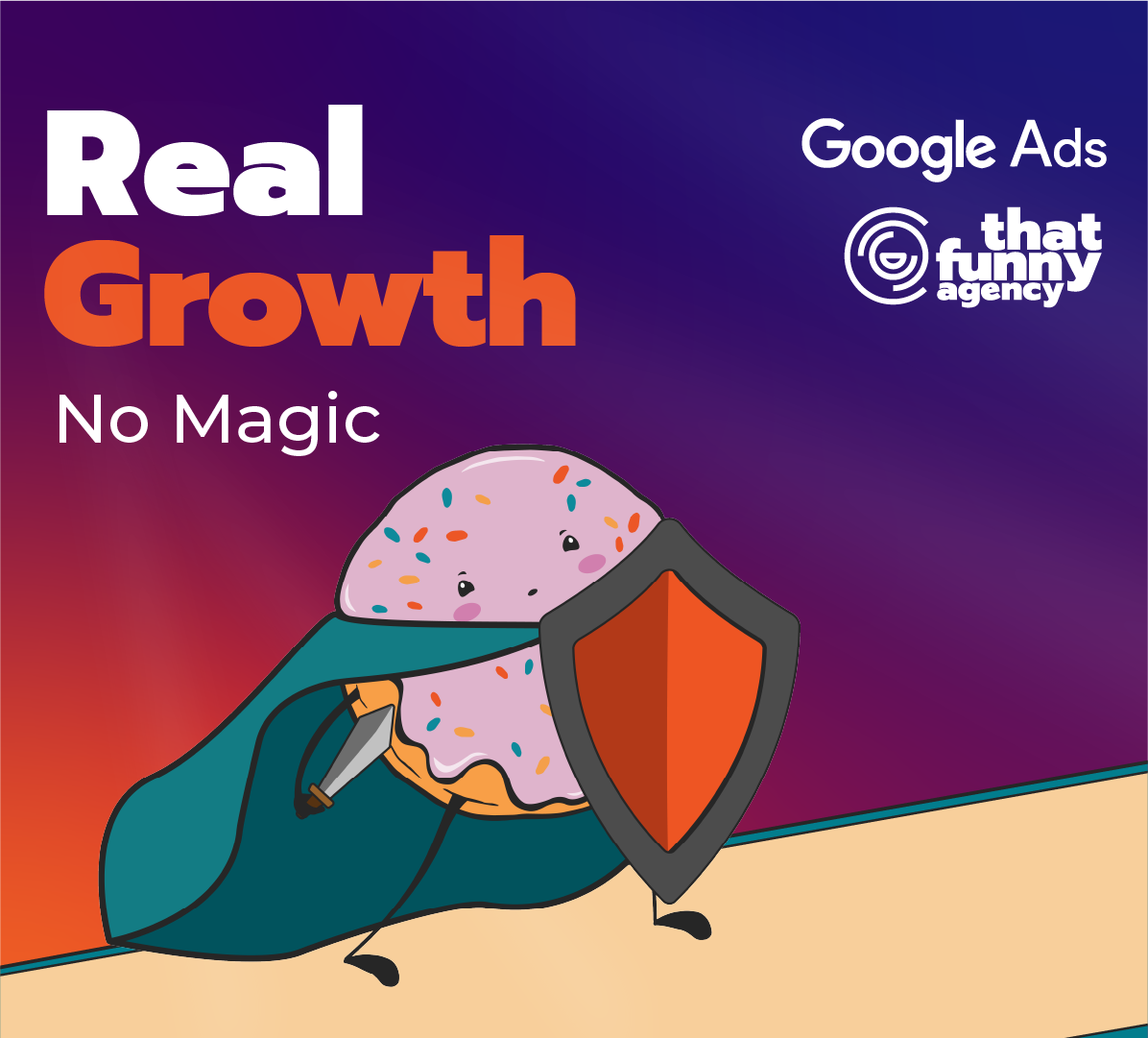Yeah, yeah we know it’s old news, but cut us some slack, we’ve been busy doing awesome work, and besides, it takes time to fully digest stuff like Google leaks. I mean, when last did something of this magnitude actually hit the algorithmic universe so hard?
Let’s dive into what went down, and what this means for your business …
What We’ve Learned From the Google Leak
Google is the world’s most popular search engine with nearly 92% of the search market. SEO specialists around the globe are constantly looking for any information related to Google’s ranking algorithm. So when a recent leak of Google’s search API hit our inboxes, it was like we had been given a sneak peek behind the proverbial curtain into this dominant search engine’s closely guarded algorithms. This is massive as it impacts SEO companies, online marketing, and the way we engage with consumers online.
How Did it Happen?
On 27 March 2024 a collection of Google Search API ranking factors was mistakenly released on Github, but eventually taken down on 7 May 2024. In that time, Erfan Azimi, founder and CEO of an SEO agency spotted them and identified them for what they were – leaked documents.
As they were published under the Apache 2.0 license, he was within his legal boundaries of sharing the documents with two SEO experts, Rand Fishkin and Mike King on 5 May 2024. Rand then announced the leak in a blog post on SparkToro on 27 May 2024, alerting the rest of the world to Google’s long-held secrets.
What Was Leaked?
There were some 2,500+ leaked documents which show 14,014 attributes – or ranking factors – from Google Search’s Content Warehouse API. This shows us not how Google interprets the data, but what data Google actually collects. The leaked data includes:
- Search Ranking: More than 14,000 factors that Google uses to rank search results.
- Quality Rating Data: How Google’s quality raters determine the relevance and quality of search results. Google has used a quality rating platform for a long time called EWOK, which Cyrus Shepard, a notable leader in the SEO space, contributed to extensively. There is now evidence from this Google leak that some elements from the quality raters are used in the search systems.
- Browser Clickstream Data: The data from Chrome to determine user behavior.
- Whitelists: Websites that receive special treatment in search rankings, including travel, pandemic, and politics. Rand Fishkin had an interesting point about this, noting that these whitelists highlight how much manual manipulation still takes place in Google’s algorithms, despite the company’s heavy focus on automation and AI.
- Algorithmic Adjustments: Details about features such as Navboost which tweaks search results based on user navigation and click data.
It’s important to note that while Google did acknowledge the authenticity of the leak, the search engine giant claims the documents contain outdated and incomplete information, alongside out-of-context measures that were phased out or not implemented.
What Are Some Key Takeaways From the Google Leak?
Regardless of Google’s claims, there are lots of great Google insights that can be gleaned from these leaked documents, and SEO experts couldn’t call themselves as much if they choose to overlook them. Some of the more prominent takeaways include:
- Big brands still dominate
Google still favors larger, more powerful brands over smaller, independent sites. This doesn’t mean that your business can’t compete, but it does show that identifying and creating your unique brand voice and identity are important for improving organic search rankings. This is why it’s worthwhile investing in brand-building by leveraging holistic marketing practices that focus on your brand message as a whole entity and not just your website. The focus should be on thought leadership about your brand, and creating a lasting online presence through multiple digital platforms.
- Quality not quantity backlinks
The documents show that Google evaluates the relevance and authority of the linking page which means you need to incorporate backlinks from trusted and frequently updated web pages.
- EEAT could be overrated
It has been touted that Google favors E-E-A-T (Expertise, Experience, Authoritativeness, Trustworthiness) content, making it a cornerstone of the search quality rating. The leaked documents reveal that, while online influence can benefit rankings, E-E-A-T is not directly emphasized in the ranking systems.
- Evolving ranking factors
When it comes to search indexing and rankings, factors like PageRank are still relevant, but their importance has changed. Page titles remain crucial as a ranking factor, which means you need to keep them short, descriptive, and inclusive of relevant keywords.
- User intent is key
SEO techniques are outweighed by user intent signals which means that well-known brands will attract more clicks. Metrics being considered include pages per session, dwell time, and repeat visits. You need to focus on creating more demand for your website by targeting your specific audience and growing your brand.
What The Leak Means For SEO
The Google search algorithm leak is a game-changer for understanding Google’s ranking systems and how SEOs will need to refine their strategies. Here’s a look at some of the SEO best practices emanating from the leak.
- User Experience: Ensure your website is fast, mobile-friendly and easy to navigate to rank higher. Google favors sites that offer a good user experience (UX). Making improvements to your site’s loading speed and user navigation will go a long way in improving your site’s user experience and ranking on Google.
- Prioritize Engagement: You need to create content that captivates and serves your audience. The longer you hold your audience’s attention, the more chances Google will rank you.
- Consolidate Content: Update your content constantly. Refresh, prune, or remove low-quality or irrelevant pages so that everything reflects your brand.
- Quality Rater Guidelines: Incorporate Google’s quality rater guidelines so your website meets the required standards.
- Backlink Diversification: Build relationships with reputable industry sites and incorporate quality backlinks.
- Monitor Click Data: Incorporate Google Analytics and other analytics tools to track how users interact with your site.
- Make Adjustments: Use the data gained from analytics to make valuable tweaks and improvements to your site.
- Be Ethical: Don’t incorporate any shortcuts to boost yourself in the rankings.
- SEO Guidance: If you don’t have SEO expertise, then it’s important that you work with industry experts to get the most out of your website and optimize your Google rankings.
Working With Digital Marketing Experts
What the Google API leaks make evidently clear is that the SEO sector is constantly shifting, and this means keeping updated on the latest industry trends to stay ahead of the game. If you’re looking to elevate your digital presence and keep ranking on the world’s top search engine, you should work with That Funny Agency (TFA).
TFA knows how to create engaging and accessible digital experiences with a human-centric approach, ensuring your audience is captivated for a longer time. We craft empathetic experiences that resonate with audiences by treating brands as living things.
And we keep on top of the latest SEO news, trends, and best practices so that you’re always at the top of your game!




